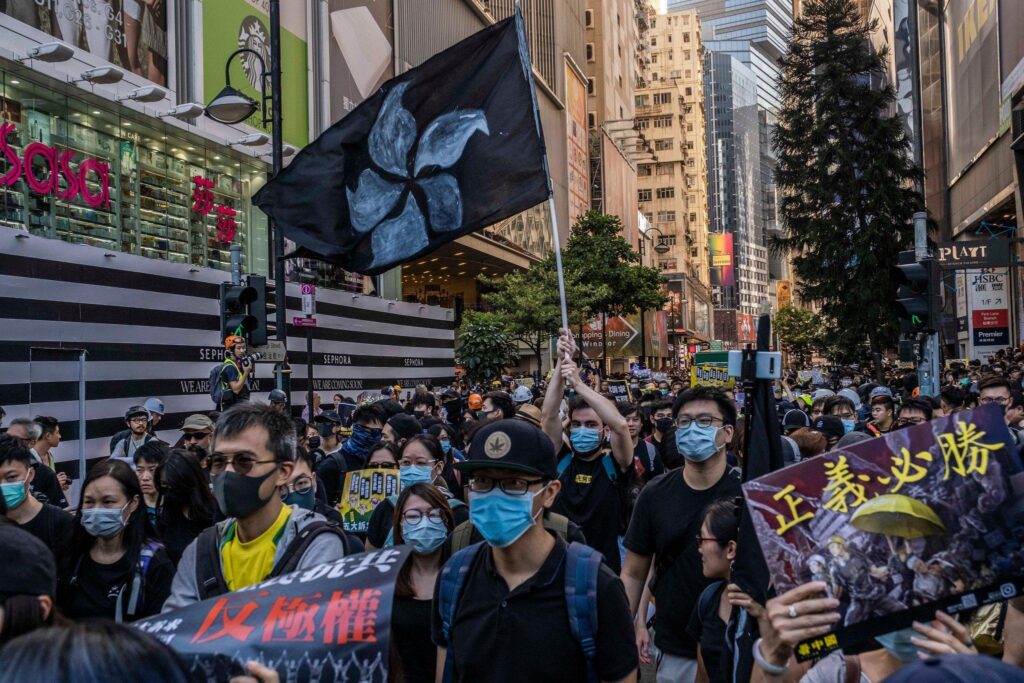In the high-stakes geopolitical chess game of the Asia-Pacific, tensions are simmering like a pot about to boil over. China’s latest diplomatic broadside targets the Philippines, accusing its maritime neighbor of recklessly stoking the already volatile flames surrounding Taiwan’s complex international status. As diplomatic rhetoric grows increasingly sharp, the international community watches with bated breath, wondering whether these verbal salvos will escalate into something more consequential. This unfolding narrative reveals the intricate dance of power, sovereignty, and regional influence that continues to define East Asian geopolitics. Tensions have escalated between China and the Philippines as diplomatic relations continue to strain over recent geopolitical developments. Beijing’s stern warning comes in response to what it perceives as provocative statements and actions regarding Taiwan’s status.
The Chinese government has strongly condemned recent diplomatic maneuvers by Manila, suggesting that the Philippines is intentionally destabilizing the delicate regional balance. Diplomatic sources indicate that China views any international support for Taiwan as a direct challenge to its sovereignty and territorial integrity.
Recent maritime interactions in the South China Sea have further complicated the diplomatic landscape. Chinese officials argue that the Philippines is deliberately attempting to internationalize the Taiwan issue, perhaps drawing external powers into what Beijing considers an internal matter.
Diplomatic correspondence reveals a series of sharp exchanges, with Chinese representatives repeatedly warning about the consequences of what they describe as interference in China’s sovereign affairs. The rhetoric suggests a heightened state of diplomatic tension that could potentially impact regional stability.
Strategic analysts point to the complex web of international relationships surrounding Taiwan, with the Philippines emerging as a potential flashpoint in the broader geopolitical contest. China’s strong language reflects its unwavering stance on the Taiwan question, viewing any external support as a direct challenge to its national interests.
The international community remains cautious, recognizing the potential for escalation in a region already fraught with diplomatic complexities. Diplomatic sources suggest that the Philippines’ positioning could have notable implications for regional security and international relations.
China’s diplomatic approach combines stern warnings with strategic pressure, attempting to isolate Taiwan and discourage any international support. The Philippines finds itself caught in a delicate balancing act between maintaining regional stability and responding to diplomatic challenges.
Military analysts have noted increased naval and aerial activities in the surrounding maritime regions, suggesting a potential heightening of tensions. The situation remains fluid, with both nations carefully calculating their diplomatic and strategic moves.
Economic considerations also play a crucial role in the unfolding diplomatic drama. Trade relationships and regional economic partnerships hang in the balance as nations navigate the complex geopolitical landscape surrounding Taiwan.
The international community continues to watch closely, recognizing the potential for broader implications should tensions continue to escalate. Diplomatic channels remain open, but the language from Beijing suggests a increasingly hardline approach to what it considers interference in its sovereign affairs.


